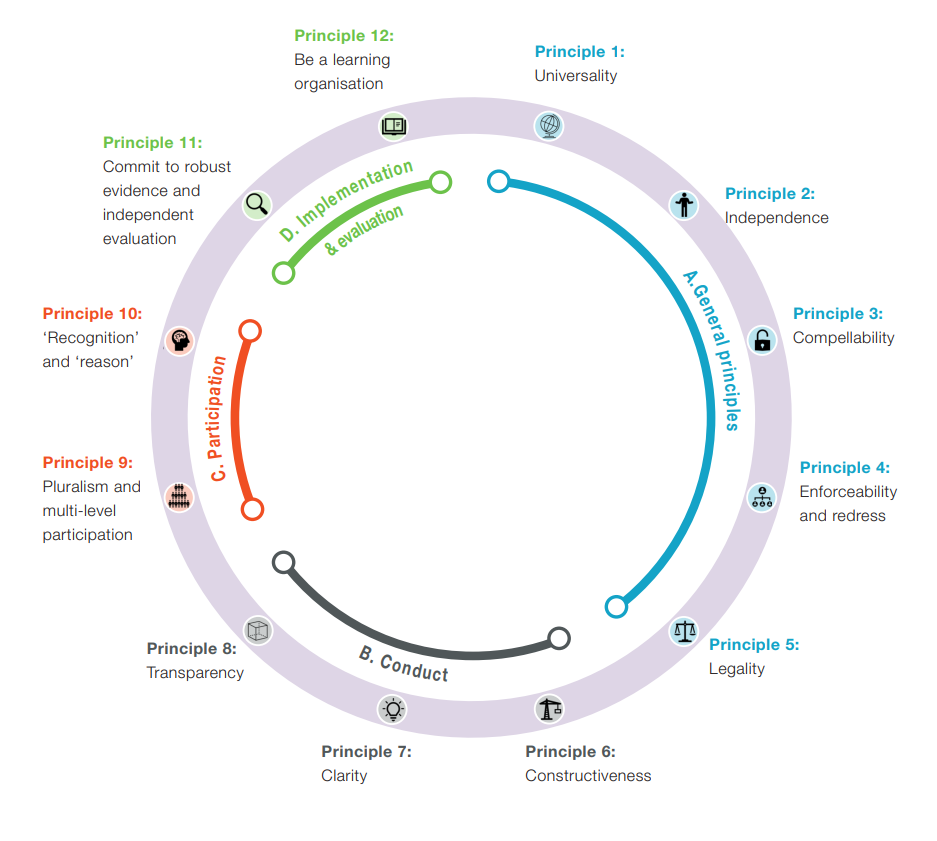
Policing structures across the UK have recently undergone the most radical change since the mid-twentieth century. Against this background, the proposed workshop series aimed to provide a ‘safe space’ to debate the issue of what constitutes the key principles of accountable policing.
Brought together through a series of workshops, leading policing experts from the police, police accountability bodies and academia jointly devised ‘The Principles for Police Accountability’. These Principles are intended to be of practical use to the police and the various oversight bodies, as well as the public, with the final document containing both brief explanations of each Principle and a detailed explanation of their relevance and how best to embed and/or implement them. Bringing together practitioners and academic experts was essential to ensure the Principles are evidence-based and of practical use.
The programme had three overarching aims:
- to promote dialogue and ensure inter-sectorial knowledge exchange by bringing together practitioners from the police forces and the oversight bodies;
- to ensure inter-jurisdictional learning by bringing together experts from the three models of policing in existence across the UK;
- to foster inter-disciplinary learning through the use of non-policing case studies into accountability and governance.
The programme aimed not only to build on existing research foundations but also to take the research agenda in new directions by drawing on academic perspectives from outside the traditional community of police accountability scholarship. By involving those who are actively researching issues of accountability in fields of health, the environment, the oil industry and financial services, new insights can be generated into how principles of accountability and questions of power relations play out in different contexts. In addition, by including practitioners in the programme, the programme also aimed to let the voices of those involved in the day-to-day operation of accountability relationships and structures, which are too often excluded from the research process, be heard.